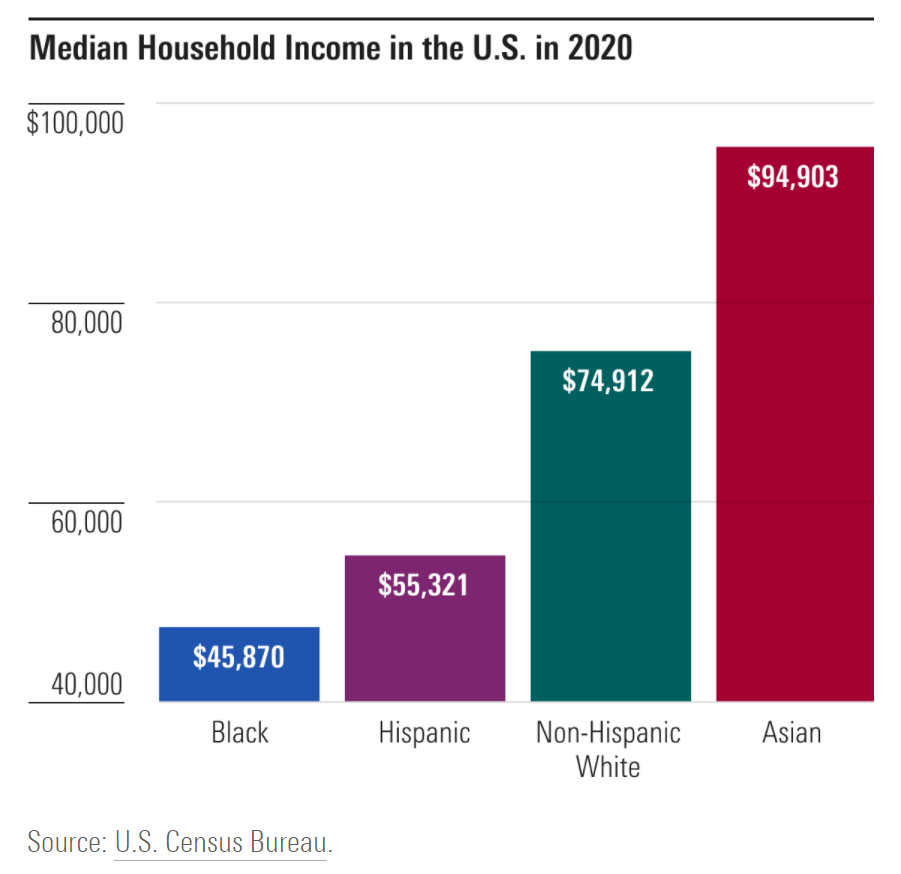I know what you may be thinking upon reading that title. But believe me, as a self-proclaimed black entrepreneur, too often “Entrepreneur 101” courses are offered as a solution to the problem when what we really need is capital. Black entrepreneurs, or entreprenoirs as I like to say, often fail to receive funding from major risk-averse VC companies. In a push to promote diversity in the entrepreneurial world, there is an increase in classes and crash courses wired on training entrepreneurs; however, upon taking a closer look, it can be seen that the more critical barrier for entreprenoirs is a lack of funding.
I say this because the trope that black entrepreneurs are simply ignorant of the skills needed to become their own CEO is not only racially insensitive but also not true. While entrepreneur courses can serve as a tool to help construct a strong business plan, the best thing an entrepreneur can do is fail. Fail, get up, and start again. Every successful entrepreneur will talk about how failure was the most crucial part of their journey. Jeff Bezos had multiple ideas that crumbled before hitting big with Amazon, and now that man owns literally all of us.
In a field like VC, experience is more valuable than any certificate of completion. How do we know this? When choosing a venture, most firms look for patterns of success and growth within it. But how are we expected to present growth and potential without seed capital?
While on the topic of seed capital, let’s think about the steps an entrepreneur must take to acquire it. So boom, you’ve come up with a business idea that you are passionate about and ready to develop. But where do you start? You need money, and maybe you have a bit of savings under your belt so that plants the seed; but the bank won’t take that on its own. So you tell your family, your friends, your soon-to-be ex-coworkers, and maybe some of them will contribute to the cause, and thus the seed grows. However, the size of one’s friends and family seed money will vary based on how much those around them have to pledge to a startup business.

Let’s look at this from an economical standpoint.
According to the U.S. Census Bureau, the median Non-Hispanic White household made nearly $75,000, compared to about $45,000 for Black households, respectively. This means that white entrepreneurs are likely to know people within their surroundings who have more disposable income and are willing to invest in their endeavors. After gathering seed money from friends and family, black entreprenoirs will have less capital than their white counterparts to kickstart their business, thus adding to the higher percentage of black startup failures.
“As a historical product of the racial wealth gap—the inherent disparity in median wealth between people of different races—most Black entrepreneurs do not have access to a network that can provide them with a type of investment known as a “Friends and Family” round. As a result, they’re rarely able to make that crucial first step towards jump-starting a business” says Keenan Beasely in his article about the impact of the racial wealth gap in the startup community.
And let’s say, despite the already present disadvantage, we still make it to the later stages of our business venture. It fails to change the fact that VC firms will prioritize funding to their white, male associates. In fact, in 2019, funding for the electric scooter startup, Bird, founded by Travis VanderZanden, totaled more than the amount of funding received by all black women combined.
So what needs to be done? If you ask me? Show Black Entreprenoirs where the money resides. Many organizations have been created aiming to close the racial wealth gap such as The Boston Foundation, which has created the Business Equity Fund, targeting minority-owned businesses in the Northeast region. Google has also pledged $5 million dollars to the Google for Startups Black Founders Fund, which provides non-dilutive cash awards to Black-led startups that have participated in their accelerator programs or have been nominated by a community partner community or a previous recipient. WePower, a local St. Louis non-profit organization, has also created the Elevate/Elevar Accelerator, a program providing Black and Latinx entrepreneurs with support and access to capital.
Why is this all great? Minorities as a consumer group represent nearly $4 trillion in buying power and significantly influence mainstream consumer culture. Therefore, by funding black founders, more jobs are created, and more income is thus generated for a historically underfunded, marginalized group.
One day we shall all be witnesses to the success of black businesses. 🖤
This blog is part of a series to recognize and celebrate Black History Month.

